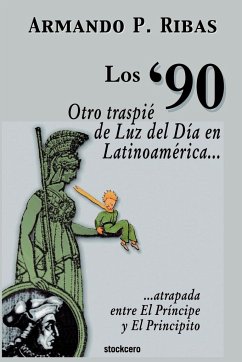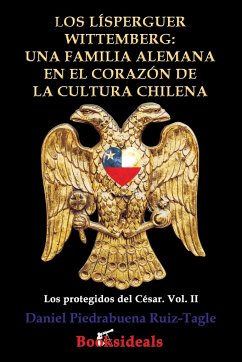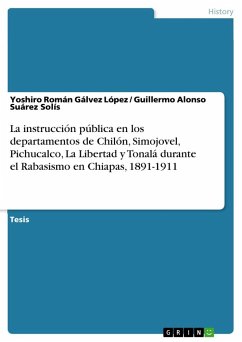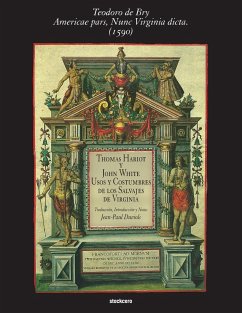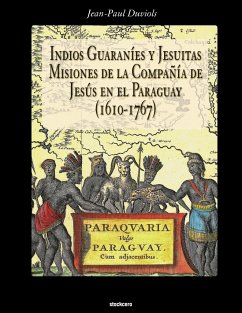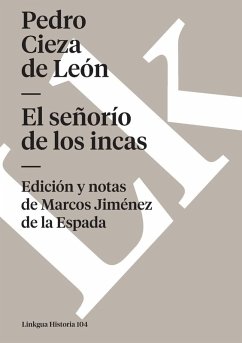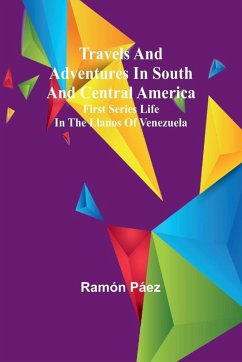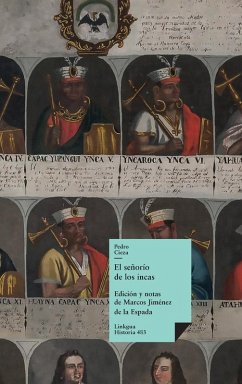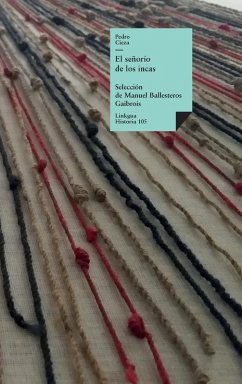
El Chacho - Ultimo caudillo de la montonera de los llanos
Versandkostenfrei!
Versandfertig in 1-2 Wochen
16,99 €
inkl. MwSt.

PAYBACK Punkte
8 °P sammeln!
Sarmiento's book on General Ángel Vicente Peñaloza, the "Chacho", must be included among the testimonies of the difficulties that "civilization" usually faces to interact with "barbarism" without losing its status. In 1862, when Sarmiento was appointed governor of San Juan, the area was convulsed by the "Chacho" rebellion who, invoking the memory of his campaign alongside General Lavalle, had risen up against the national government in confidence that Urquiza would support him even if this meant betraying constitutional principles he had sworn to abide by. Sarmiento's position was not simple...
Sarmiento's book on General Ángel Vicente Peñaloza, the "Chacho", must be included among the testimonies of the difficulties that "civilization" usually faces to interact with "barbarism" without losing its status. In 1862, when Sarmiento was appointed governor of San Juan, the area was convulsed by the "Chacho" rebellion who, invoking the memory of his campaign alongside General Lavalle, had risen up against the national government in confidence that Urquiza would support him even if this meant betraying constitutional principles he had sworn to abide by. Sarmiento's position was not simple: his close friend Aberastain, who preceded him in the governorship, had recently been assassinated by henchmen of Juan Saa, another montonero caudillo who ruled the neighboring province of San Luis. The political movement of President Bartolomé Miter was wise: by sending Sarmiento, a prestigious San Juan man and with great respect for individual rights, he ensured both the support of the local living forces and the contribution of an indefatigable fighter for the cause of « civilization". At the time of Peñaloza Sarmiento's capture, he had already left the conduct of the war and neither ordered nor was directly responsible for the episode, but in any case, the fact that he had received Major Pablo Irrázabal with honors after the execution without a trial Appropriate, added to the antecedent of previous letters written in moments of pain and anger after the murder of Aberastain, they decided to Miter to remove him from the environment, ask him to resign from the governorship in 1864 and send him on a diplomatic mission to Chile, Peru and the United States. This resulted in an unexpected gift, since Sarmiento returned to Argentina as president-elect "in absentia" to lead one of the periods of greatest progress in the country's history. This book, together with «Facundo, civilización y barbarie», represent the gaze of a person of extraordinary intelligence constrained by his own «civilization» on two of the most prominent representatives of «barbarism».



